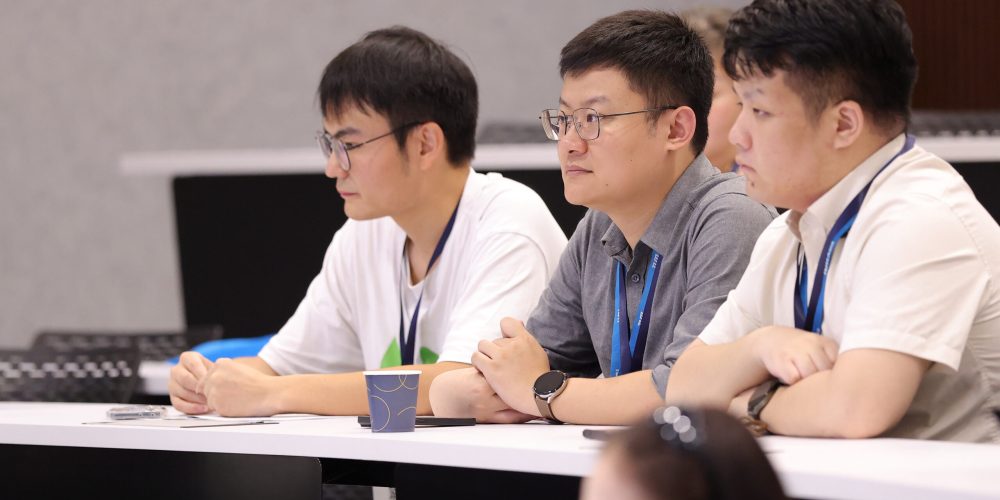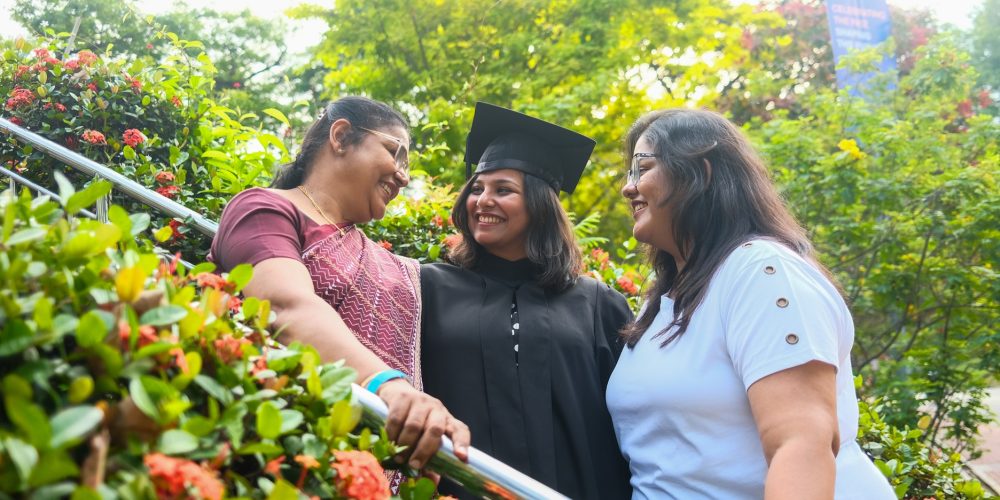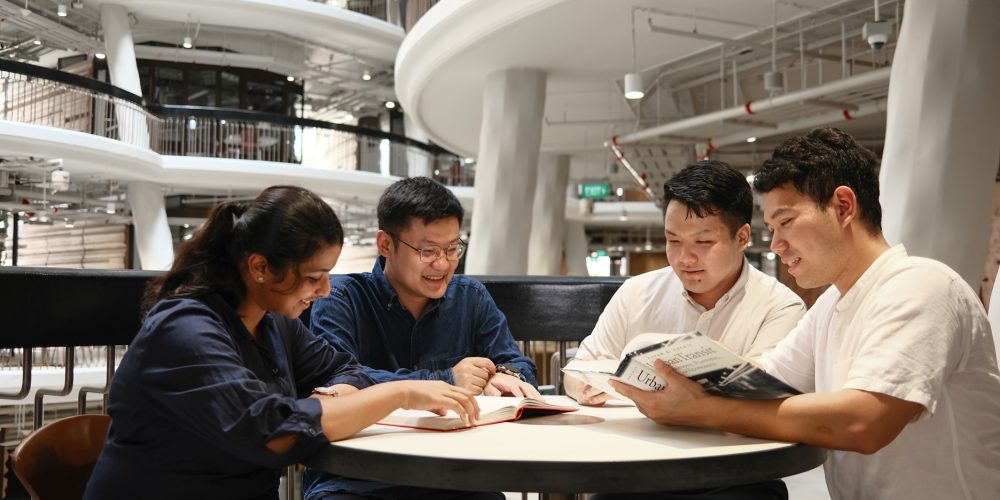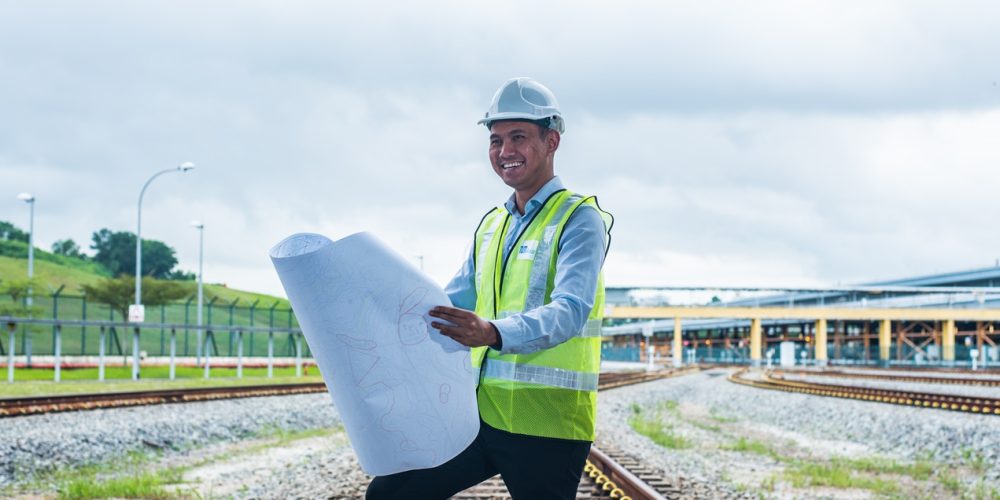
Date
8 – 14 December 2025
Venue
Tsinghua University
Haidian District, Beijing, 100084, P. R. China
Format
In-person
Learn from some of the world’s top universities this winter.
Embark on an exhilarating learning adventure this winter with the exclusive Winter School 2025 (Beijing) conducted two of the top universities in the world. Featuring an exciting line up of professors from TUM, TUM Asia and Tsinghua University.
Comprising a total of 13 sessions of training courses spanning from 08 – 14 December 2025, this Winter School features a cadre of experts from both universities to present research on Smart Sustainable Cities and Transportation.
Eligibility Criteria
Applications are open to candidates who already hold a bachelor’s degree or who are currently enrolled in a bachelor’s degree programme, in any of the following areas (but not limited): Civil Engineering, Transportation Engineering, Electrical Engineering, Geodetics, Mechanical Engineering, Geography, Computer Science, Communications Engineering, Economics, Mathematics, Physical Sciences, Architecture, Environmental Engineering, Tourisms.
All classes at the Winter School 2025 (Beijing) will be conducted in English. Participants should ensure that they are proficient in English (reading and writing) at university level.
Key Topics
- Smart and green city growth
- Use of geospatial data and geoinformatics to plan and manage smart city development and organize the transport system
- Usage of big data analytics and artificial intelligence,
- Usage if drones and robots in city and transport planning and management
- Smart Railway systems and integration of public transport modes
Data-Driven Transportation Models
The emergence of novel data collection techniques has enabled a paradigm shift from primarily theory-based models to models that also exploit emerging data to develop more flexible, comprehensive functional forms. Machine learning methods are increasing in complexity and combined with the richer data can result in more powerful models. In this module we provide an overview of methodologies and related applications, such as resilience and emissions modelling, highlighting the state-of-the-art in the field of data-driven transportation models.
Lecturer: Prof. Dr. Constantinos Antoniou, TUM, Chair of Transportation Systems Engineering
Modelling Traveler Behaviour
Lecturer: Prof. Dr. Constantinos Antoniou, TUM, Chair of Transportation Systems Engineering
Smart Capacity Management for Railway Systems
Lecturer: Prof. Dr. Norman Weik, TUM, Professor for Design and Operation of Public Rail Transport Systems
Sustainable Urban planning concepts
Lecturer: Dr. Andreas Rau, TUM Asia, Faculty Head and Principal Investigator (Rail, Transport & Logistics)
Semantic Modeling of the Built Environment for Digital Twins
The session introduces the two major paradigms of built environment modeling—Building Information Modeling (BIM/IFC) and Geographic Information Systems (GIS/CityGML)—highlighting their distinct purposes, data structures, and reference frameworks. Participants will explore how these two modeling domains complement each other and why their integration is increasingly essential for applications spanning the building-to-city scale.
Through theoretical discussion and practical examples, the tutorial will examine and compare the semantic, geometric, and reference system differences between IFC and CityGML. It will further explore integration approaches, including data transformation, schema mapping, and model linking techniques.
Application scenarios, such as indoor navigation, utility network modeling, and 3D urban data integration, will be demonstrated to illustrate the advantages and challenges of achieving interoperability between BIM and GIS environments.
By the end of the 5-hour tutorial, participants will gain a conceptual and practical understanding of semantic modeling principles for the built environment, an awareness of existing standards and tools, and insight into ongoing research and implementation trends that drive the development of Digital Twins at both building and city scales.
Lecturer: Dr. Ihab Hijazi, TUM, Chair of Geoinformatics
Cycling Policies for a Sustainable City Development
Lecturer: Prof. Dr. Yang Xinmiao, Tsinghua University
Transport Planning Theory and Its Development
Lecturer: Prof. Dr. Huapu Lu, Tsinghua University
Urban Artificial Intelligence: Theory, Methodology and Applications
Lecturer: Prof. Dr. Ying Long, Tsinghua University
Autonomous Driving: From Origins to Future Frontiers
Lecturer: Dr. Xianyuan Zhan, Tsinghua University
Traffic Condition Estimation and Control
Nowadays, with the development of data collection, analysis and application technology, various kinds of abundant data bring new opportunities for urban road traffic state estimation and control. Based on multi-source data collection, this module introduces some research achievements of the lecturer in the field of multi-level traffic state estimation and control in recent years from the perspectives of macro-traffic state analysis, estimation, micro-traffic parameter estimation and feedback closed-loop traffic control.
Lecturer: Prof. Dr. Ruimin Li, Tsinghua University
Small Data, Big Insight: Understanding Cities through Low-Barrier and Participatory Urban Data
In recent years, the study of cities has been transformed by the rapid growth of digital technologies and large-scale urban data—from satellite imagery and traffic sensors to platform-based mobility traces. Yet, many urban questions can also be explored through small data: datasets that are localized, low-barrier, and often participatory in nature. Such data may come from field observations, citizen measurements, simple sensor deployments, or community mapping, all of which provide human-scale perspectives on how cities function.
Together, we will revisit and organize the diverse forms of urban data, and discuss representative examples that show how different data practices—from localized sensing to citizen-driven initiatives—contribute to understanding urban life. Building on these cases, the module will guide participants through the general workflow from data collection and processing to analysis and communication. In the later sessions, students will work in groups to brainstorm creative ideas for small-data projects and present their concepts in a final lightning-talk session, reflecting on how low-barrier urban data can foster openness, participation, and sustainability in future cities.
Lecturer: M.Sc. Zihan Liu, TUM, Chair of Cartography and Visual Analytics
Admission Criteria
Admission to our Winter School is highly competitive. Selection is based on a comprehensive review of all documents received in the application by the examination board. Candidates will be notified by email as soon as the admission is granted.
Participation Fees
Participation in the Winter School is complimentary and free of charge.
Submission Deadline: 15 November 2025 (Wednesday)
Contact Us
If you have any questions regarding the admission procedure, please email us at transportation.vtk@ed.tum.de.
Organised by

Supporting Partner


Upcoming Events
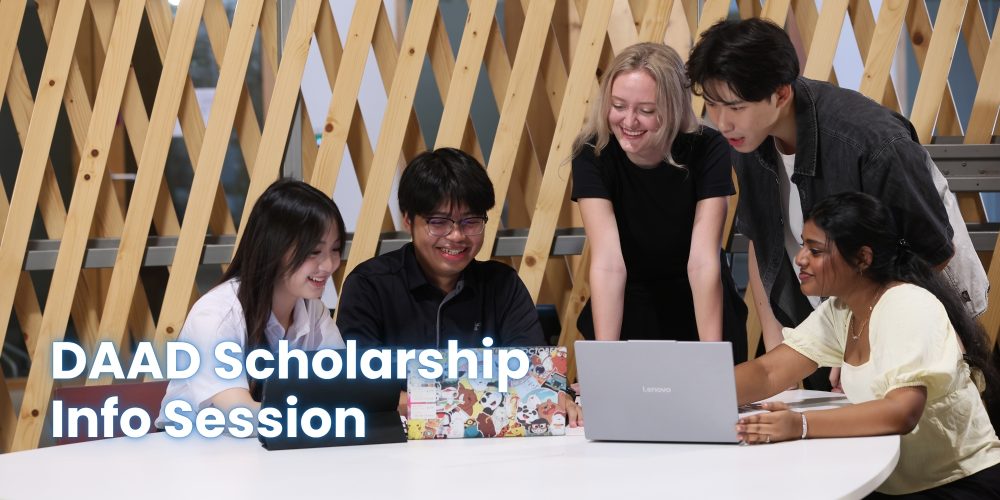
Master of Science Programmes: DAAD Scholarship Info Session 2026/27
- Online
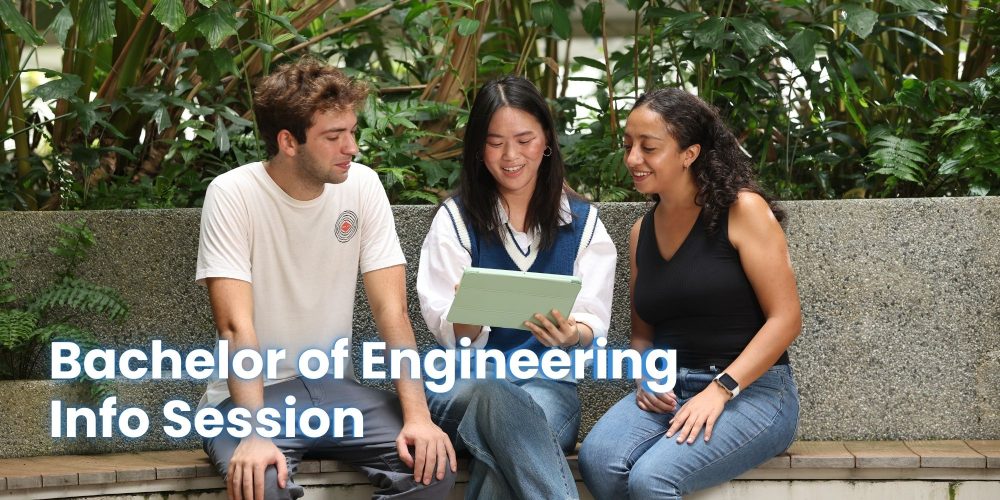
Bachelor of Engineering Programmes: Info Session Series 2026/27
- Online
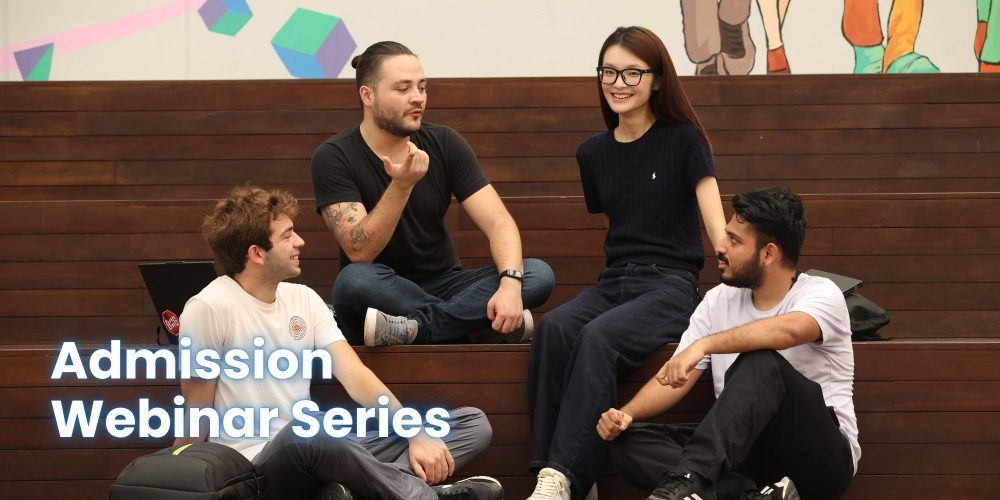
Master of Science Programmes: Admission Webinar Series 2026/27
- Online

Master of Science Programmes: Info Session Series 2026/27
- Online
You May Also Like
